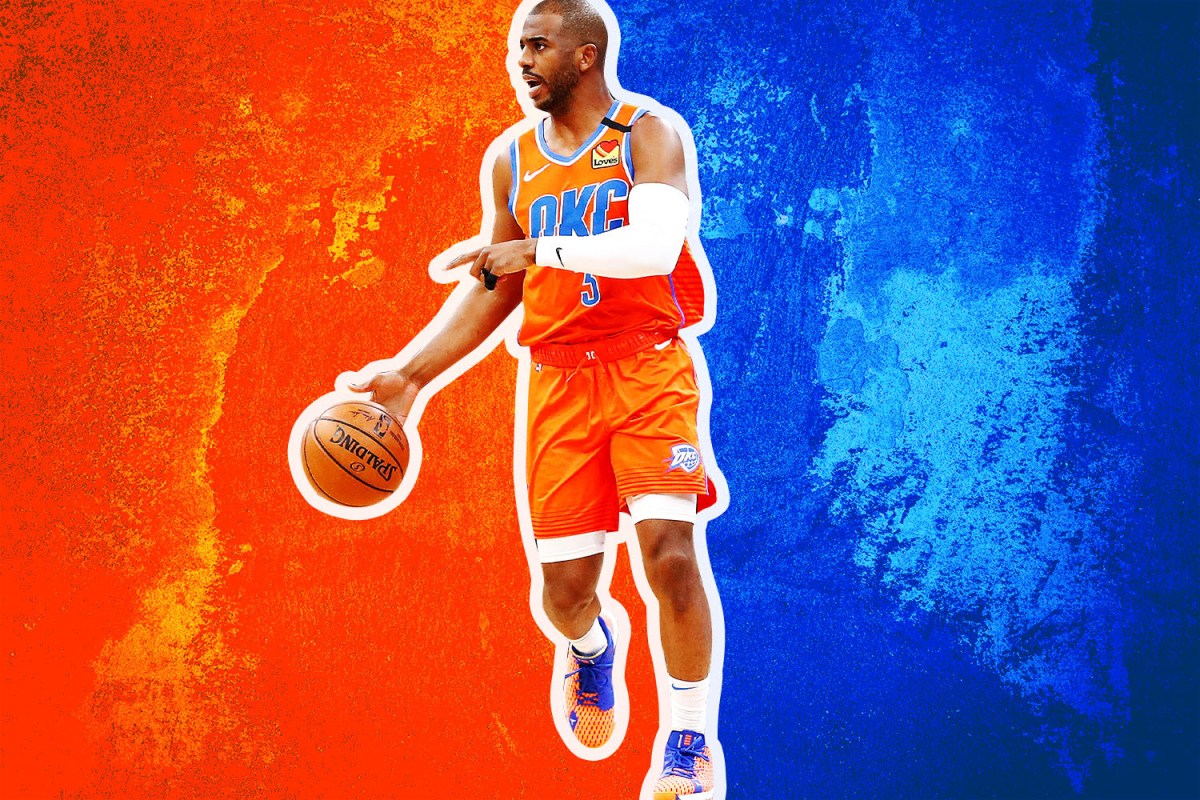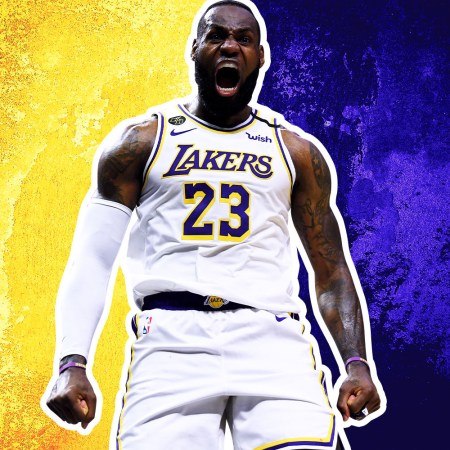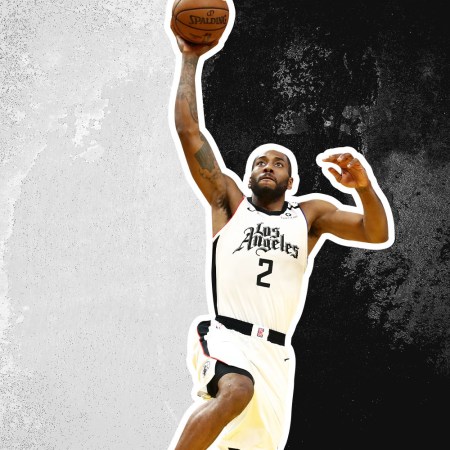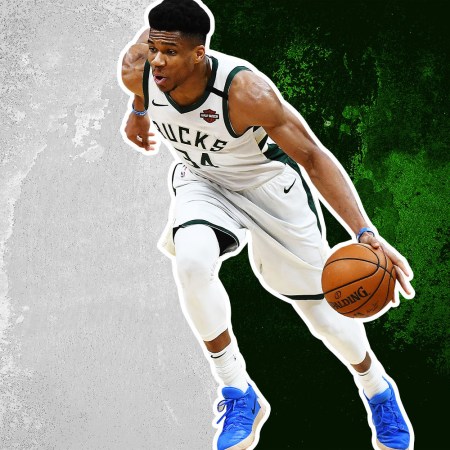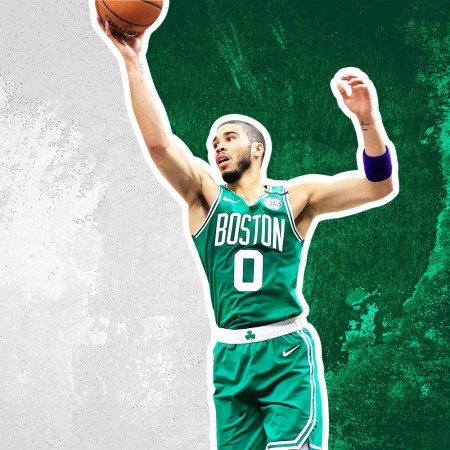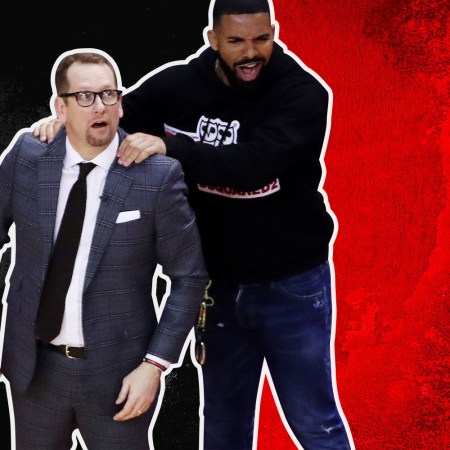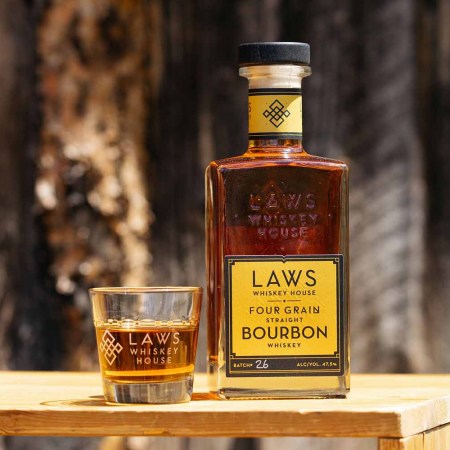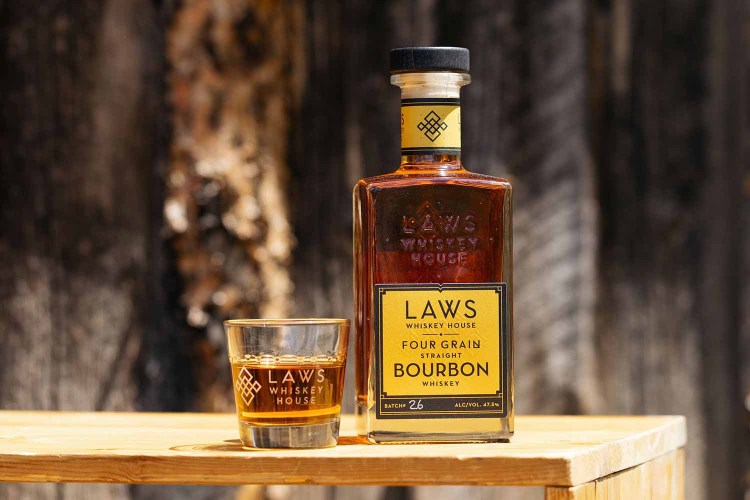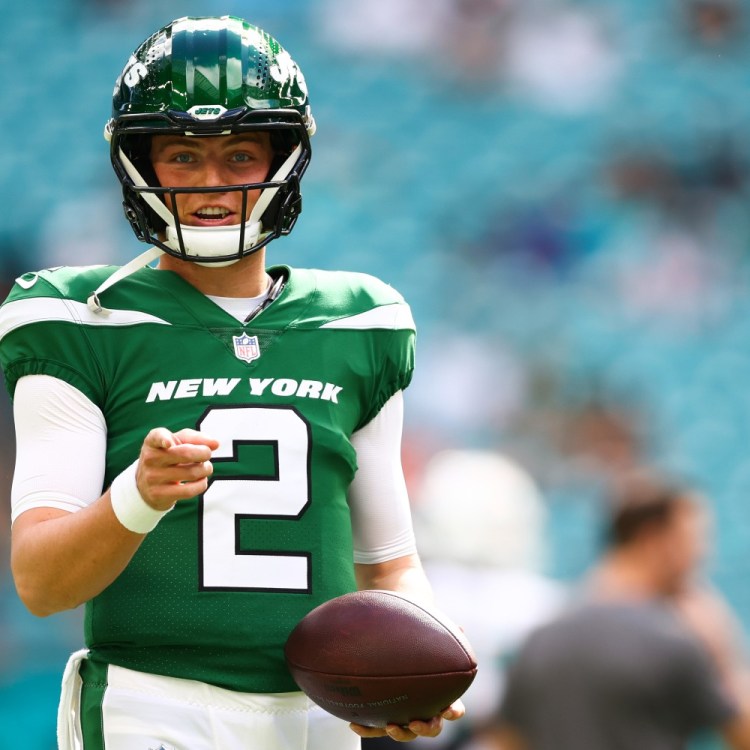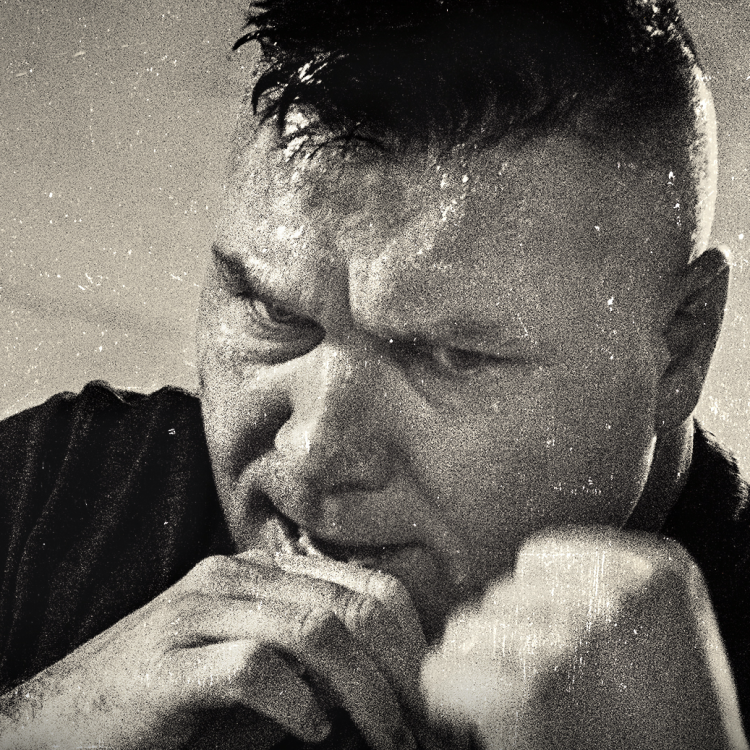Over the next three weeks, we’ll be preparing for the NBA’s long-awaited restart by attempting to answer the single most important question facing every franchise that will be present and accounted for in Orlando. This is 22 Questions.
There’s never been a point guard better than Chris Paul … at least in the regular season. Pick any metric and he’s been awesome without exception. Among guards he is: 12th in total points, first in box plus-minus, fourth in win shares, first in win shares per 48 minutes and third in assists per game. He’s the point god, a vengeful, spiteful Old Testament God who’s ever-powerful but never chill. His game is an exercise in control, a struggle to break the inherent wildness of an NBA game. No one this side of Kobe Bryant and Michael Jordan has made elite basketball appear less fun.
No one has ever made elite basketball look less fruitful either: Paul has made an All-NBA team eight times and the Western Conference Finals once. His meltdowns draw from a rich palette; Paul can provide a postseason embarrassment for every kind of taste. In 2015, the Clippers blew a 19-point third quarter lead at home to Corey Brewer and Josh Smith; a year earlier, Paul turned the ball over twice in the final 17 seconds of a one-possession game; in 2008, his New Orleans Hornets were compacted into a teeny tiny cube during the most lopsided playoff loss ever, losing 121-63 to the Denver Nuggets. Granted, Paul’s stats in the playoffs have been more or less identical to his regular season production, but he’s been wholly unable to translate that into any real success.
After looking supremely washed in last year’s playoff loss to the Warriors, Paul was traded to Oklahoma City, seemingly sentenced to playing out the rest of his career in anonymous mediocrity. The Thunder didn’t even consider Paul to be an asset; rather, he was a hefty tax they would pay to acquire Houston’s next decade worth of picks. But instead of idling out of the Western Conference playoff picture, the Thunder thrived, retrofitting themselves to Paul’s perfectionism. While the Thunder lacked pure, uncut talent, they ran up a 40-24 record because of their stony competence.
In the course of an NBA season, there are plenty of free wins baked into the schedule: injured opponents, opposing stars having their load managed, teams traveling through time zones on the backend of a road trip, the Knicks. Talent can oftentimes be tantamount to the underrated skill of not-fucking-up. And Chris Paul — an old, slow undersized point guard with the square chest of an old-timey boxer — is the emperor-king of not-fucking-up. He diligently avoids turnovers, even if that means forgoing riskier, potentially high-reward passes for threes and dunks. When early injuries sapped Paul of his quickness, he spent the next decade as if he were trying to punish the sport for daring to hurt him. He strangles the pace, holding the ball for nearly 40 percent of all the seconds the Thunder spend on offense while he’s on the court (according to Basketball Index), as the Thunder creep along at the league’s 21st fastest pace.
Unable to get to the rim, Paul has long been one of the best mid-range shooters in the NBA. Now, he might be the best in history. At this point in time, it’s pretty much been codified into NBA dogma that the mid-range jumpers should be avoided, but Paul is proving that only a Sith deals in absolutes; according to Cleaning the Glass, Paul has taken 58 percent of his shots from the mid-range this season and buried 53 percent of them.
Defensively, he’s pieced together yet another All-Defensive-Team-worthy campaign, even while moving at a slower average speed than any other point guard, according to NBA.com’s tracking stats. Sure, he moves like he hates moving, but he still has the fast, steady hands of a juggler and he knows how to use them. On the ball, he uses those meaty, mangled paws to disturb the ball-handler’s rhythm, alternately jabbing at the ball and steering the dribbler with a subtle hand-check. He’s as good of a help-defender as someone his size can be; he may not protect the rim, but he can wall off gaps on the perimeter and rip the ball from unsuspecting dribblers.
For better or worse, the Thunder have adopted Paul’s style. With a 31-7 record against sub-.500 teams, the Thunder win the games they’re supposed to win. Conversely, their record is 9-17 against playoff teams. Yikes. As a result, it’s difficult to imagine that the Thunder will be the formidable playoff team that their lofty place in the standings would suggest. A core of Chris Paul, Steven Adams, Danilo Gallinari, Dennis Schroeder and the profoundly funky Shai Gilgeous-Alexander looks good until it’s compared to the star power on the teams that OKC wants to consider its rivals.
In this light, Chris Paul has turned the Thunder into the Chris Paul-iest team he’s ever been on, providing a glimpse of both his greatness and his hamartia. In the deeper levels of the playoffs, there are players who can do things that Paul simply can’t. No matter how furiously Paul labors, he’ll never be able to draw from the raw ability and athleticism of Kevin Durant, Russell Westbrook or Stephen Curry. If the members of the NBA’s pantheon are the Avengers, Chris Paul is Hawkeye — a superhero by any definition who, compared to his peers, is ultimately just a dude with a bunch of pointy sticks. Tellingly, the only times Paul has had any modicum of playoff success in the last decade, he’s deferred to more talented teammates like Blake Griffin and James Harden.
At 35 years old, it’s unlikely that Paul will somehow discover the secret to winning in the postseason. Years of bad luck and bad losses have branded Paul a choker, which is probably unfair. Paul hasn’t choked — not only are his postseason stats fairly bulletproof, but choking would imply that he somehow underperformed, when really Paul’s entire career has been a world-historic overperformance. He’s been as good as any undersized point guard who can’t get to the rim could ever possibly be — but that, ultimately, will never be good enough. Paul is the NBA’s most tragic hero, doomed to a fate that has been predetermined by his own body. Wish him well.
Whether you’re looking to get into shape, or just get out of a funk, The Charge has got you covered. Sign up for our new wellness newsletter today.
